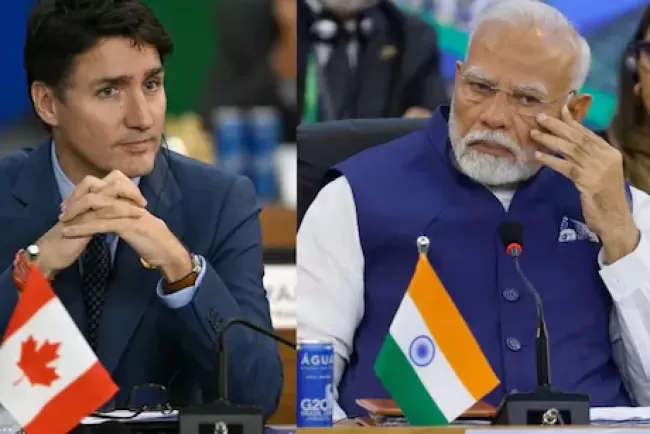US-China Trade War: Xi Jinping's Strategic Outreach to Vietnam
As the US-China tariff war escalates, Chinese President Xi Jinping embarks on a regional outreach to strengthen trade ties. His first stop in Vietnam marks a significant shift in diplomatic relations.
Chinese President Xi Jinping is on a mission to diversify trade relations amidst the intensifying US-China tariff war. His inaugural visit of the year took him to Vietnam, where he received a warm welcome, including a 21-gun salute. During talks with Vietnam's Prime Minister, both leaders emphasized the enduring relationship between their nations and the importance of regional unity.
Strengthening Bilateral Relations
Xi's visit, deemed historic by Vietnam's leadership, is a testament to the value the Chinese Communist Party places on its relationship with Vietnam. The two nations signed 45 agreements, though specific details remain undisclosed. A highlight of the agreements is a monumental $8 billion railway project that aims to connect China and Vietnam, falling under China's ambitious Belt and Road Initiative (BRI), which seeks to enhance global infrastructure.
As Xi emphasized before his departure, "There are no winners in a trade war," indicating a desire for cooperation rather than conflict. However, the timing of his visit raises eyebrows in Washington. US President Trump, while meeting with El Salvador’s president, suggested that the growing ties between China and Vietnam could be aimed at undermining US interests.
US-China Tariff Dynamics
The tariff war has seen Trump impose a staggering 145% reciprocal tariffs on Chinese goods, to which Beijing has retaliated with a 125% tariff on American imports. The current negotiations between the two superpowers are still nascent, with plans to move certain electronic devices, such as smartphones and computers, into a different tariff category under consideration.
Xi's tour will continue beyond Vietnam, with planned visits to Malaysia and Cambodia—countries he has not visited in over a decade. This outreach not only aims to bolster China's economic influence in Southeast Asia but also serves as a strategic counter to US dominance in the region.
Conclusion
As Xi Jinping navigates through Southeast Asia, his diplomatic efforts underscore the complexities of global trade dynamics amid rising tensions with the United States. The outcomes of these engagements could have far-reaching implications for trade relations in the region and beyond.
Stay tuned for more updates on international relations and trade developments.
What's Your Reaction?















